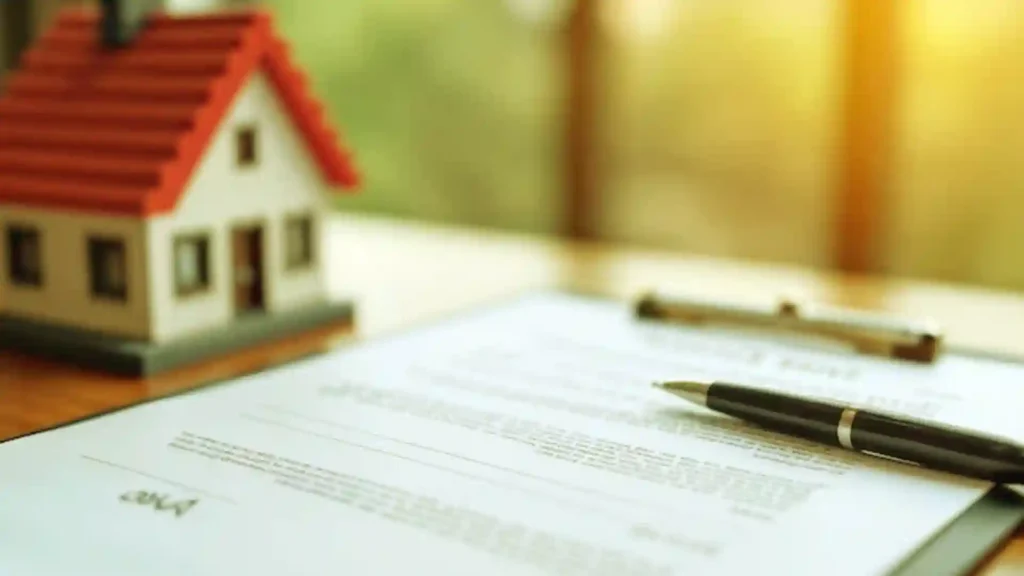When navigating the complex process of buying or selling a property in the UK, choosing the right conveyancing solicitor can make all the difference. One crucial decision prospective homeowners face is whether to opt for a local solicitor or a national firm. While both options have their advantages, using a local solicitor for conveyancing can offer unique benefits that can streamline the process and provide peace of mind.
The Local Advantage: Is it better to use a local solicitor for conveyancing?
Boots on the Ground: The Value of Local Knowledge
A local solicitor’s intimate knowledge of the area and its property market can be invaluable. They are likely to be familiar with local planning regulations, property quirks, and potential issues that may arise during the conveyancing process. This expertise can help identify potential problems early on, saving time and money in the long run. For instance, a local solicitor may be aware of specific requirements for properties in certain areas, such as flood risk zones or conservation areas.
The Personal Touch: Building Relationships Matters
The National Firm Alternative: Weighing the Pros and Cons

Finding the Right Fit: How to Choose a Good Conveyancing Solicitor in the UK
- Ask friends, family, or colleagues for recommendations
- Check online reviews and ratings on websites like Legal Choices or Trustpilot
- Look for solicitors accredited by professional bodies like the Law Society’s Conveyancing Quality Scheme
- Contact local estate agents or surveyors for recommendations
Check the Solicitors Regulation Authority (SRA) website to ensure the solicitor is registered and has no disciplinary actions against them
The Conveyancing Process: A Step-by-Step Guide
- Pre-Contract: Getting Started
This initial stage involves instructing a solicitor, conducting searches, and reviewing property documents. - Contract Review: Negotiating the Terms
Once the seller’s solicitor provides a draft contract, your solicitor will review and negotiate the terms. - Pre-Exchange: Final Checks
Before exchanging contracts, your solicitor will conduct final checks and prepare the necessary documents. - Exchange of Contracts: A Binding Agreement
This stage involves signing and exchanging contracts, after which the transaction becomes legally binding. - Completion: The Final Step
On completion day, the buyer pays the purchase price, and the seller hands over the keys. Your solicitor will register the property in your name and complete any final formalities.
